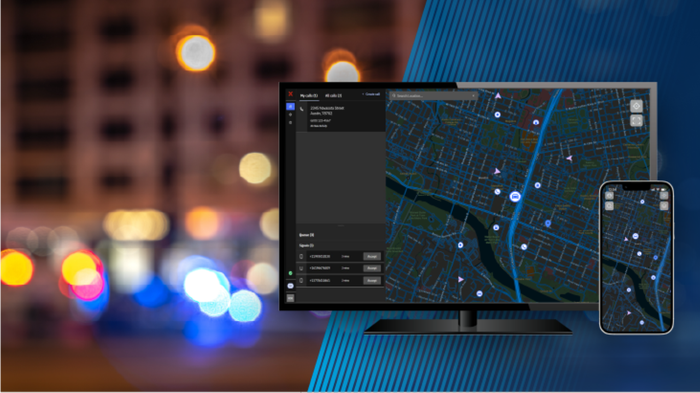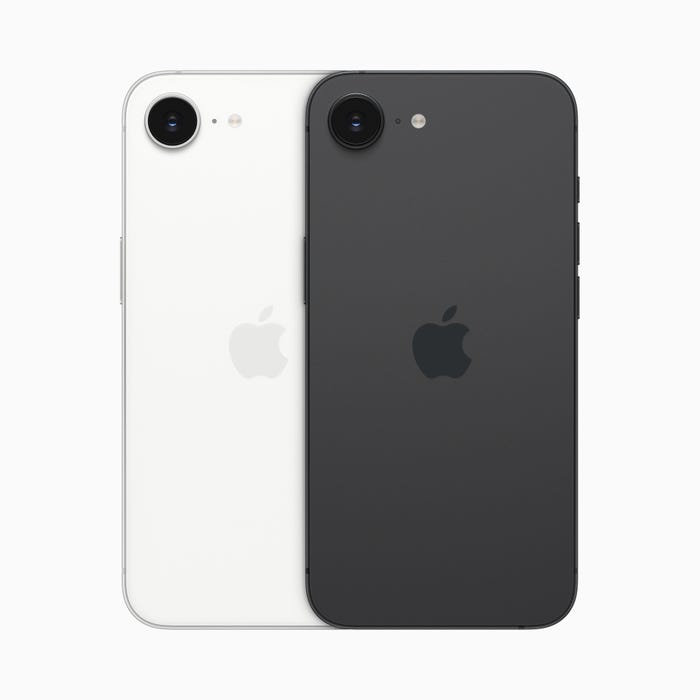Spectrum efficiency a more likely business case for 6G than AI or XRSpectrum efficiency a more likely business case for 6G than AI or XR
It has been clear for some time that operators – at least here in Europe – are very reluctant to commit to another spending spree once the vendors come knocking on their door to sell 6G equipment.

It has been clear for some time that operators – at least here in Europe – are very reluctant to commit to another spending spree once the vendors come knocking on their door to sell 6G equipment.
This telco reluctance to a big 6G spend is not new – European MNO executives have been saying for quite some time that the last thing they want is a costly 6G rollout. Having spent heavily on 5G, they have struggled to monetize these investments and are as a result unwilling to repeat this experience with 6G.
Or, as Robert Mourik, chair and commissioner at Ireland’s Commission for Communications Regulation, put it during a during a recent session at the 6G Global Summit in London dedicated to investment and business models: “Margins are not what they what they once were. These operators don’t have the kind of bags of gold lying under their desk as they used to, so it is not going to be easy for them to part with their cash.”
Both he and Mark Henry, director of network and spectrum strategy for BT, suggested that a clear business case will be needed for operators to loosen their purse strings. Henry pointed to greater spectrum efficiency as something that could justify spending.
He also said that satellite integration and 100% coverage is something that is an attractive proposition for operators given the increasing difficulty of installing new sites because of their locations. “We really are at the ends of the country, we’re building sites with helicopters,” he said.
‘No exponential data growth’
He seemed, however, unconvinced by what may be seen as flashier business cases that are sometimes discussed. He argued that updating foundational large language models in real time “comes with a massive cost and I just don’t see why you need to do it in real time.” He added: “[I]’ve just seen GPT 4.0 last week do real world imagery, understanding of scene, and that’s just in the cloud and running on a smartphone just like most applications do today, so we won’t invest on that basis for sure.”
Traffic generated by connected vehicles and extended reality (XR) devices would also not justify investment, said Henry. “Eighty percent of our traffic is video. Video is eyeballs. Extended reality is the same eyeballs, but they might just need a slightly higher bit rate,” he said, adding “there is no exponential data growth unless you choose a small exponent.”
To read the complete article, visit Light Reading.



